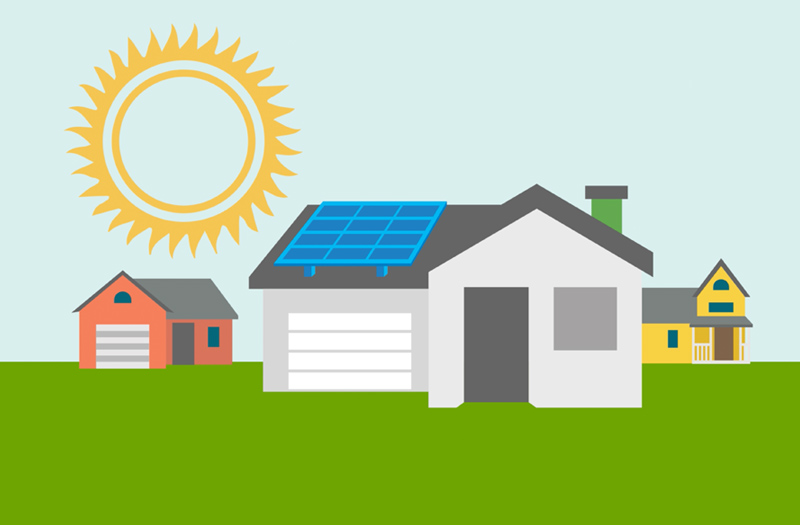Tips for Smart Energy Use, Clean Cooking & Lightning:
1. Dry firewood
- Never use wet firewood. Even the cleanest cooking stove will smoke.
- Instead, make sure the firewood is dried thoroughly. Store it under a shelter for some days (better weeks) before you start using it. A good idea is to attach a rack or shelf above or next to your stove and put firewood there to get rid of remaining moisture.
2. Cooking time
- Reduce cooking time, and therefore smoke, to a minimum by preparing all items before starting to cook. Soak beans and peas overnight, chop onions, tomatoes and veggies and only then light the fire.
- Keeping the lid on your pot speeds up the cooking process.
- When you are done with cooking extinguish firewood in sand so that it does not keep producing smoke.
3. Fresh Air
- Avoid cooking in a completely closed room without windows.
- If the weather conditions and cooking device allow it’s good to cook outdoors.
- If you need to stay indoors, simple ventilation slots in the wall guide the smoke out of the kitchen. It’s best to position them at the heighest point of the kitchen, at the height of people’s noses when cooking and on opposite sides for cross-ventilation.
4. Clean Cookstove
- Three Stone Fires use vast amounts of firewood and pose your health at risk through smoke and burns.
- Simple Cookstoves that still use biomass but are more efficient, clean and safe such as the Chitetezo Mbaula are a good stepping stone for the conservation of nature and health.
- Have a look at the available options here.
5. No Wood Fuel
- Firewood and charcoal are the main reasons for vast deforestation in Malawi.
- There is alternative biomass that we can use for which no trees are cut down, e.g. maize cops, bamboo, pigeon peas, briquettes made from waste materials (learn more here).
- We can also cook on fuel other than biomass, e.g. LPG, biogas and methanol (have a look at available cookstoves here).
6. Smart & clean light
- Paraffin lamps emit harmful substances. Candles provide little light and have a short lifespan (meaning we spend much money on reoccuring costs). They both bring the risk of the house catching fire.
- Torches with a one-way battery cell create hazardous waste (read more here).
- Solar lamps provide us with clean and bright light. The upfront cost can be reduced through Pay-as-you-go and rental systems. The sun’s energy is a universal and free good! 🙂 Find out about available products here.
7."Do it yourself" electricity
- The majority of Malawian households is not connected to the grid and even those that are do usually not get constant power supply. No need to stay without reliable electricity! Home Systems allow anyone to generate electricity oneself.
- Most common are systems running on solar energy (see Solar Home Systems). Some Pico-Solar Lamps are already a stepping stone towards electrification for they often offer energy services such as phone charging in addition to lightning. Bigger systems can even cover industrial energy needs.
- Apart from solar other renewable energy solutions such as wind and hydro can be considered for home systems too. However, more commonly these systems generate electricity for more than one households in the form of mini-grids.







